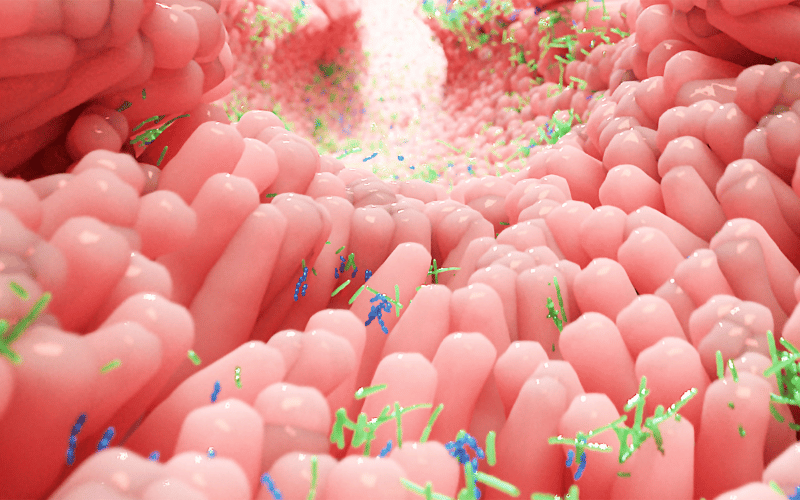12. The Role of Gut Microbiota in PBC

Emerging evidence suggests a fascinating and complex relationship between the gut microbiota — the vast community of microorganisms in the digestive tract — and Primary Biliary Cholangitis. Alterations in gut microbiota composition (dysbiosis) have been observed in PBC patients, and this dysbiosis may influence the disease’s development and progression through the gut-liver axis.
The gut-liver axis is a bidirectional communication pathway between the gut and the liver, with microbiota-derived products like bile acids and endotoxins potentially playing a role in immune system activation and inflammation in the liver. This interaction is a testament to the holistic nature of bodily systems, where distant organs may impact each other’s health in subtle but significant ways.
Targeting the gut microbiota offers a novel therapeutic avenue. Probiotics, prebiotics, and diet modifications aim to restore a healthy balance of gut bacteria, potentially reducing systemic inflammation and autoimmune activity in PBC.
Understanding the gut microbiota’s role in PBC also has implications for diagnosis and monitoring. Biomarkers derived from gut bacteria could provide non-invasive indicators of disease activity and response to therapy.
The exploration of gut microbiota in PBC is a frontier in understanding how internal ecosystems can influence systemic diseases, emphasizing the potential of microbiota-targeted therapies in managing complex autoimmune conditions. (12)